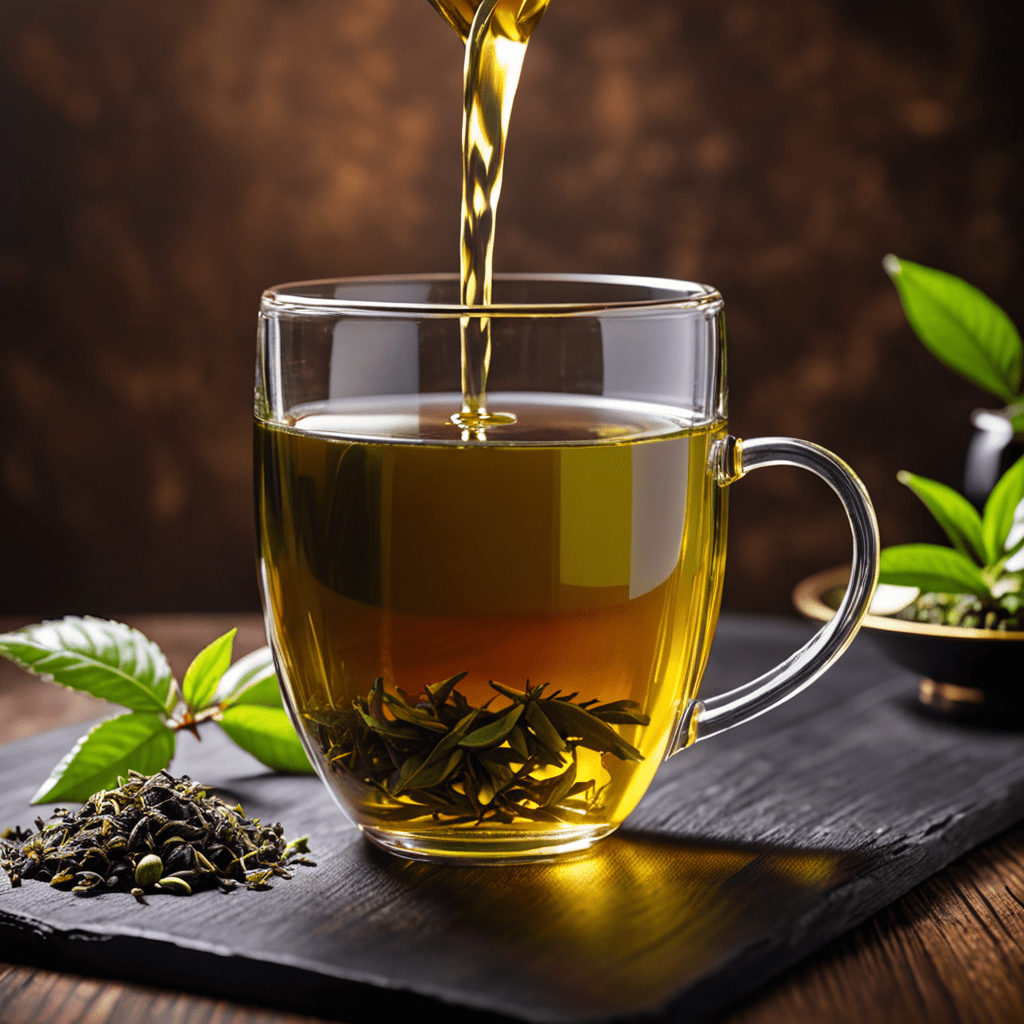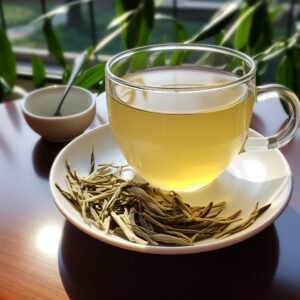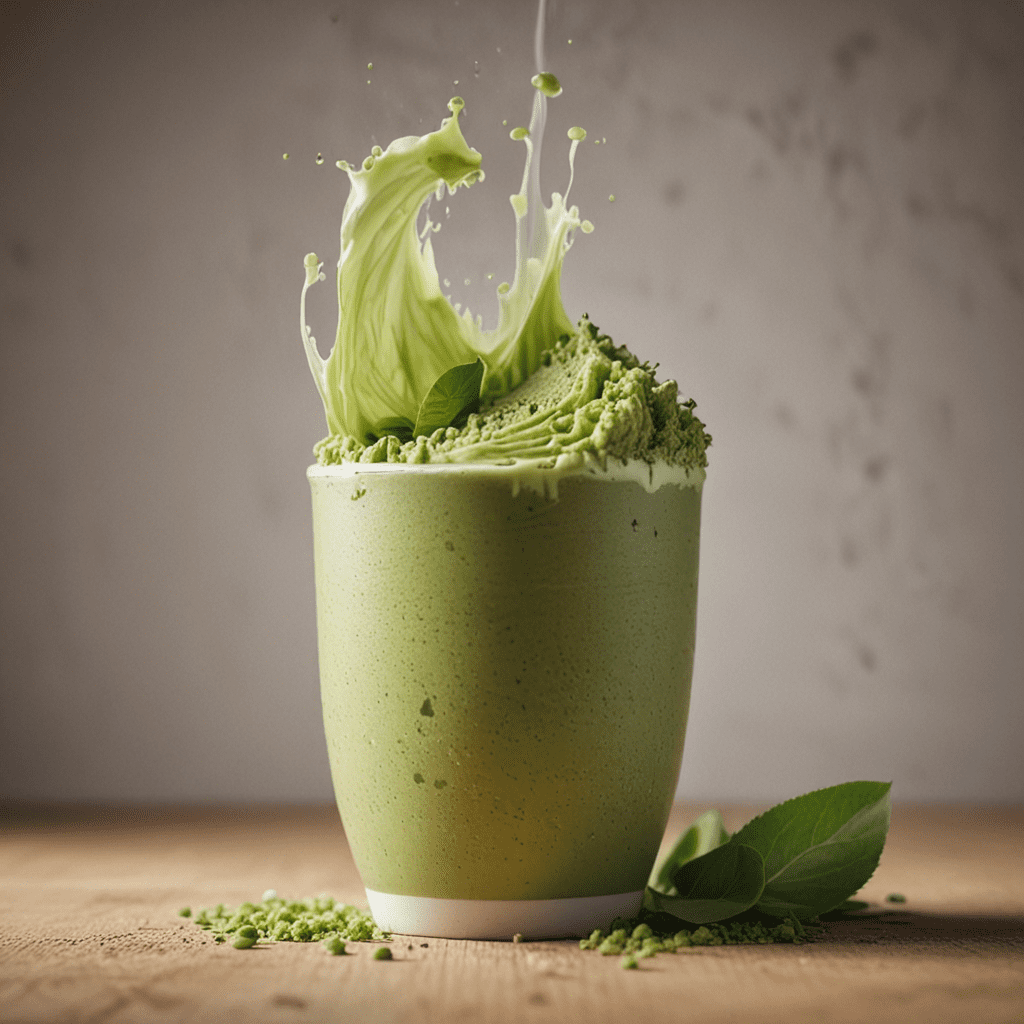Unveiling the Contrasts: Green Tea vs. Black Tea
The Basics of Green Tea and Black Tea
When it comes to tea, the vast array of options can be overwhelming. Among the many types of tea available, green tea and black tea stand out as two of the most popular choices. While both are derived from the same plant, Camellia sinensis, their differences in processing and flavor make them unique. Understanding the disparities between green tea and black tea can help you choose the perfect brew for your palate and lifestyle.
Processing Methods: Green Tea
Green tea undergoes minimal oxidation during processing. The freshly harvested leaves are promptly heated, usually through steaming or pan-firing, to halt the oxidation process. This helps in preserving the natural green color and fresh aroma of the leaves. As a result, green tea maintains a lighter flavor and a higher concentration of antioxidants and polyphenols, making it a popular choice for those seeking a refreshing and healthful beverage.
Processing Methods: Black Tea
In contrast, black tea undergoes complete oxidation. The leaves are withered, rolled, and then left to fully oxidize before being fired at high temperatures. This process imparts black tea with its characteristic dark color, robust flavor, and higher caffeine content compared to green tea. The distinct flavor profile of black tea may appeal to those who prefer a bold and rich brew.
Flavor Profiles
The varying processing methods contribute to the unique flavor profiles of green tea and black tea. Green tea offers a delicate, vegetal taste with grassy or nutty undertones, while black tea boasts a stronger, maltier flavor with hints of caramel or even chocolate notes. The differences in flavor are a result of the oxidation levels and processing, making each type of tea a distinct sensory experience.
Health Benefits
Both green tea and black tea offer numerous health benefits, albeit with some differences. Green tea is renowned for its high concentration of catechins, powerful antioxidants that have been linked to various health benefits, including improved heart health and reduced risk of certain cancers. On the other hand, black tea contains theaflavins and thearubigins, which have been associated with potential benefits for heart health and may help support the immune system. Additionally, both types of tea provide a source of hydration and can contribute to overall wellness as part of a balanced diet.
FAQ
What are the key differences between green tea and black tea?
The primary difference lies in their processing methods and oxidation levels. Green tea undergoes minimal oxidation, resulting in a lighter flavor and higher concentration of antioxidants, while black tea undergoes complete oxidation, yielding a bolder flavor and higher caffeine content.
Which tea has more health benefits?
Both green tea and black tea offer health benefits due to their antioxidant content. Green tea is particularly known for its high concentration of catechins, while black tea contains theaflavins and thearubigins. The specific health benefits may vary, but both types of tea can contribute to overall wellness.
Are there any significant differences in caffeine content?
Yes, there are differences in caffeine content between green tea and black tea. Generally, black tea contains a higher amount of caffeine compared to green tea. However, factors such as brewing time and the specific type of tea can also influence the caffeine levels.
Which tea is more suitable for different occasions?
The choice between green tea and black tea often depends on personal preference and the occasion. Green tea, with its lighter flavor and lower caffeine content, is often enjoyed in the morning or as a refreshing beverage throughout the day. Black tea, with its bold flavor and higher caffeine content, is favored by many as a comforting and energizing choice for afternoon tea or as a morning pick-me-up.


